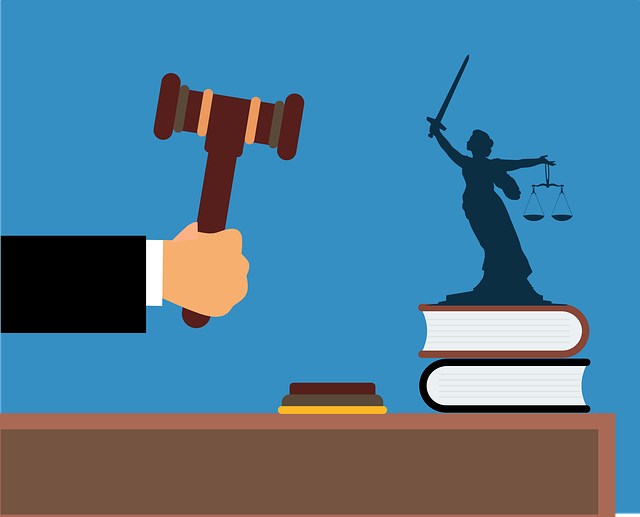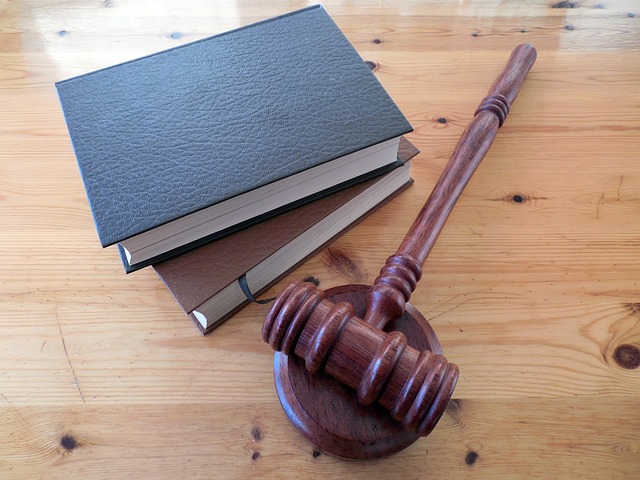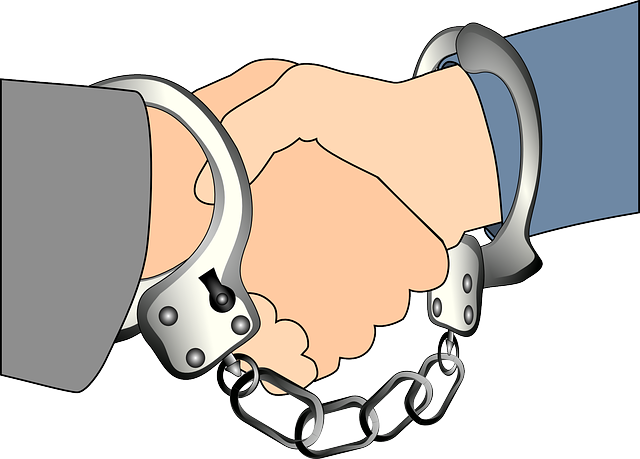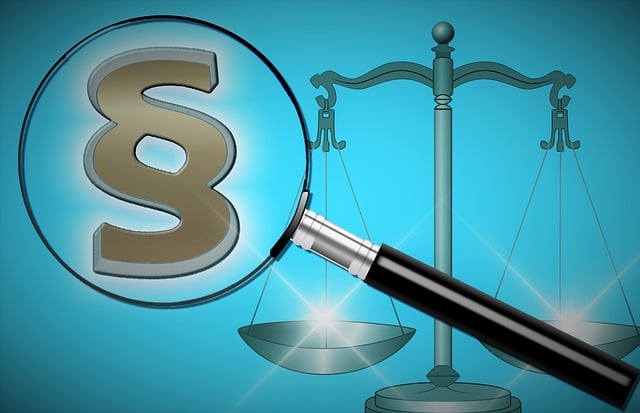Mental Health and Impaired Driving: Navigating Liability and Prevention. Impaired driving, fueled by alcohol or substances, poses severe risks beyond legal penalties, profoundly impacting mental health, especially among those with pre-existing conditions. Property damage caused by such incidents endangers communities, strains resources, and highlights the intricate link between mental well-being, impaired judgment, and legal accountability. Strict liability laws target impaired drivers, aiming to deter behavior, compensate victims, and address root causes. Integrating mental health support into strategies is vital; untreated conditions like depression can drive dangerous behaviors. A comprehensive approach includes public education, accessible treatment, community initiatives, designated driver programs, and ride-sharing services to reduce property damage and promote safer neighborhoods.
“In the complex landscape of legal responsibilities, understanding Property Damage DUI Liability is paramount. This comprehensive guide delves into the multifaceted issue of impaired driving’s impact on both mental health and community assets, offering a nuanced view. We explore legal perspectives that strive to hold drivers accountable for their actions, backed by real-world case studies. Furthermore, practical strategies are presented to mitigate risks associated with DUI, focusing on prevention and addressing property damage caused by mental health challenges.”
- Understanding Property Damage DUI Liability: A Comprehensive Overview
- The Impact of Impaired Driving on Mental Health and Community Assets
- Legal Perspectives: Holding Drivers Accountable for Property Damage Caused Under the Influence
- Case Studies: Real-World Examples of Property Damage DUI Cases
- Mitigating Risks: Strategies to Prevent and Address Property Damage Related to DUI
Understanding Property Damage DUI Liability: A Comprehensive Overview

Understanding Property Damage DUI Liability involves grasping the intricate relationship between impaired driving, mental health, and the subsequent legal repercussions. When an individual operates a vehicle while under the influence of alcohol or drugs, not only is their judgment impaired but so is their ability to navigate the roads safely. This poses significant risks not just to the driver, but also to others on the road and nearby properties. Property damage resulting from DUI incidents can range from crashed vehicles to collisions with fixed structures, creating a legal landscape that requires comprehensive understanding.
In such scenarios, mental health plays a crucial role in both attributing liability and mitigating consequences. Impaired judgment due to mental health conditions can contribute to reckless driving behaviors, while simultaneously, the legal system must consider the unique challenges faced by individuals struggling with addiction or undiagnosed mental health issues. A comprehensive overview of Property Damage DUI Liability demands an empathetic approach that accounts for these complexities, ensuring fair outcomes and fostering awareness about the interconnectedness of impaired driving, mental well-being, and legal accountability.
The Impact of Impaired Driving on Mental Health and Community Assets

Impaired driving, a serious issue that often stems from alcohol or substance abuse, has profound implications beyond legal consequences. The mental health impact on individuals who engage in such behavior can be severe and long-lasting. Studies show that those with pre-existing mental health conditions are at higher risk of impaired driving, creating a vicious cycle where self-medication leads to more severe symptoms and potentially hazardous decisions. This, in turn, exacerbates their condition and may result in further legal and social repercussions.
On a community level, property damage caused by impaired drivers can significantly impact public safety and well-being. Accidents involving intoxicated individuals often leave physical evidence of the harm they’ve caused—damaged vehicles, shattered glass, and other debris. These remnants not only pose immediate hazards but also contribute to a sense of insecurity within neighborhoods. Additionally, the financial burden on community resources, including healthcare and law enforcement, is substantial, further straining local services and assets dedicated to mental health support and public safety.
Legal Perspectives: Holding Drivers Accountable for Property Damage Caused Under the Influence

When a driver is under the influence of alcohol or drugs, their ability to make rational decisions and control their vehicle is severely impaired. This isn’t just a concern for public safety but also has significant legal implications. In many jurisdictions, drivers who cause property damage while impaired are held accountable not only criminally but also civilly, as part of a broader understanding of DUI liability.
Legal systems increasingly recognize the need to deter impaired driving by holding individuals strictly liable for the consequences of their actions. This includes compensating victims of property damage resulting from drunk or drugged driving. It’s important to note that this approach doesn’t just serve as a form of punishment; it also aims to address the underlying issue of mental health and impaired driving, promoting awareness and potentially saving lives by encouraging responsible behavior behind the wheel.
Case Studies: Real-World Examples of Property Damage DUI Cases

In real-world scenarios, the interplay between Mental Health and Impaired Driving can lead to devastating outcomes, including significant property damage. Case studies illustrate that individuals with untreated mental health conditions, such as depression or post-traumatic stress disorder (PTSD), are at a higher risk of engaging in dangerous behaviors like driving under the influence (DUI). When left unaddressed, these conditions can impair judgment and reflexes, leading to accidents that cause substantial property damage.
One notable example involves a young driver who, unbeknownst to their loved ones, struggled with severe anxiety and depression. On a fateful night, their mental health symptoms escalated while driving, leading to a high-speed collision with multiple vehicles and buildings. This incident not only resulted in significant property damage but also highlighted the critical need for integrating mental health support into impaired driving prevention programs.
Mitigating Risks: Strategies to Prevent and Address Property Damage Related to DUI

Preventing property damage caused by impaired driving is a multifaceted approach that requires both proactive measures and swift responses. One critical aspect is addressing the underlying issue of mental health and impaired driving. Many individuals who drive under the influence struggle with untreated mental health conditions, such as depression or anxiety, which can exacerbate their judgment and decision-making abilities behind the wheel. Encouraging open conversations about mental well-being, promoting access to affordable treatment options, and integrating mental health support systems into community initiatives can help deter impaired driving.
Additionally, implementing robust safety measures, like designated driver programs, ride-sharing services, and strict enforcement of under-age drinking laws, plays a pivotal role in mitigating risks. Public education campaigns that highlight the devastating consequences of property damage related to DUI can also serve as powerful deterrents. By combining these strategies, communities can create an environment where impaired driving is less prevalent, reducing not only property damage but also saving lives and fostering safer neighborhoods.
Impaired driving not only poses significant risks to public safety but also has profound implications for mental health and community assets. As highlighted in this article, property damage resulting from DUI incidents can have severe economic and social consequences. By understanding the legal perspectives and exploring strategies to mitigate risks, we can foster a culture of accountability where drivers are held responsible for their actions. Through comprehensive education, stringent enforcement, and proactive measures, it’s possible to reduce the incidence of impaired driving, protect mental health, and preserve community well-being.






